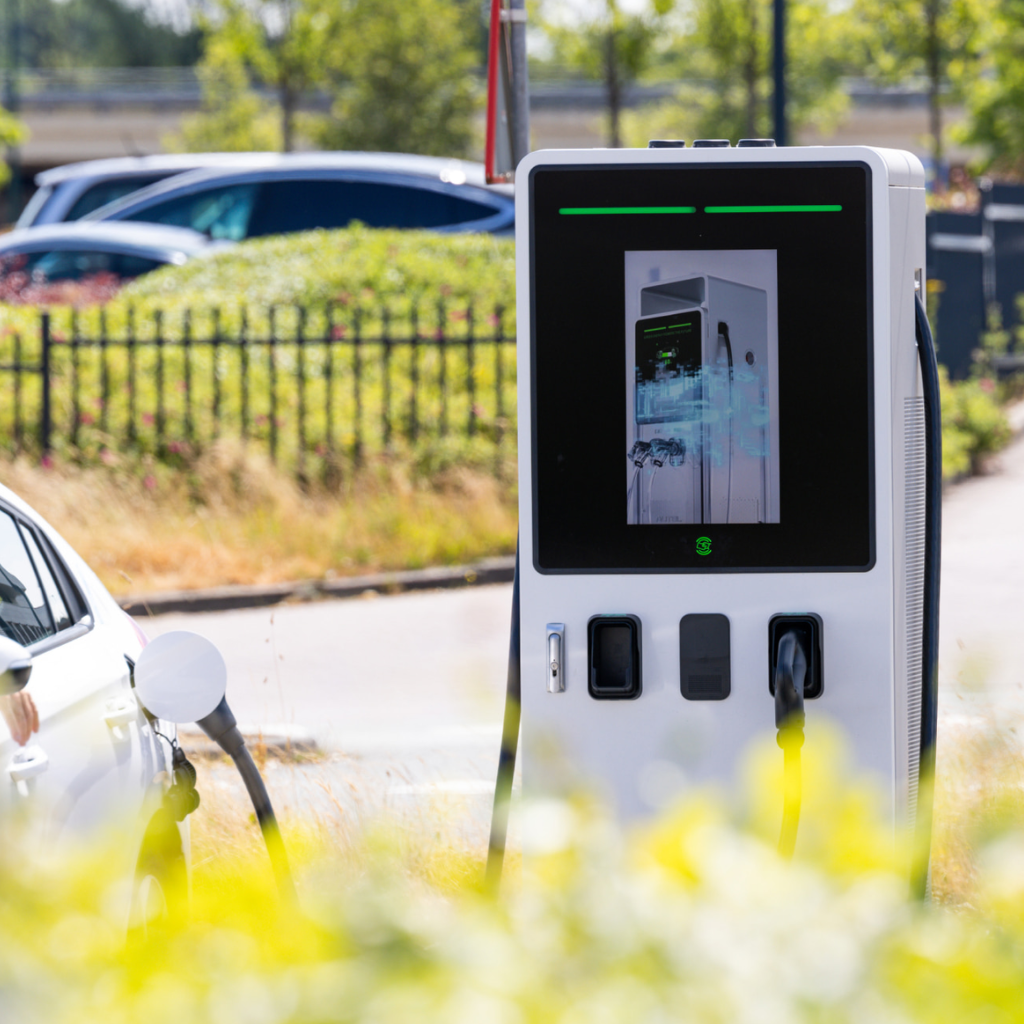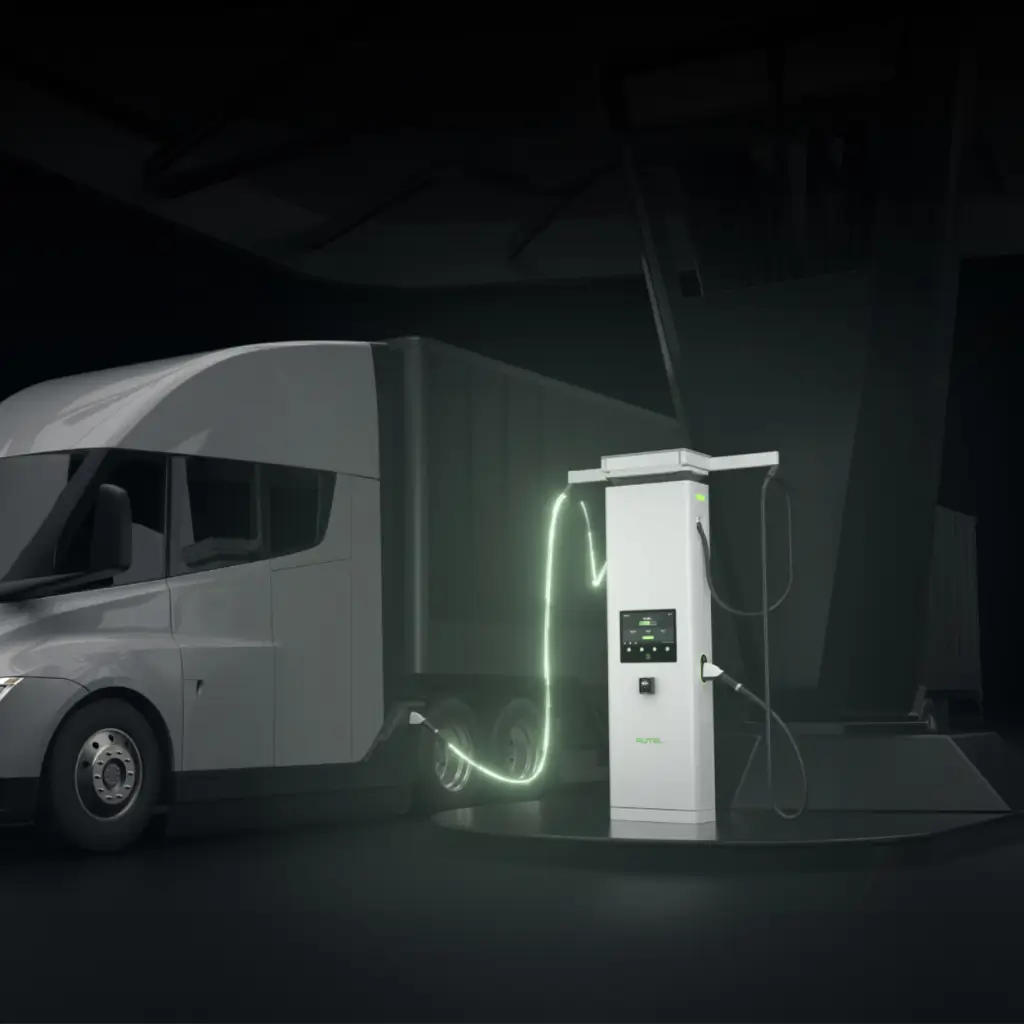
- MaxiCharger DH480
- MaxiCharger AC Pro
- MaxiCharger DC HiPower
- MaxiCharger DC Fast
- MaxiCharger DC Compact
- MaxiCharger AC Elite

- For CPOs
- For Fleets
- For Destination
- For Residential
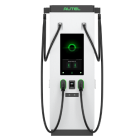 MaxiCharger DH480
MaxiCharger DH480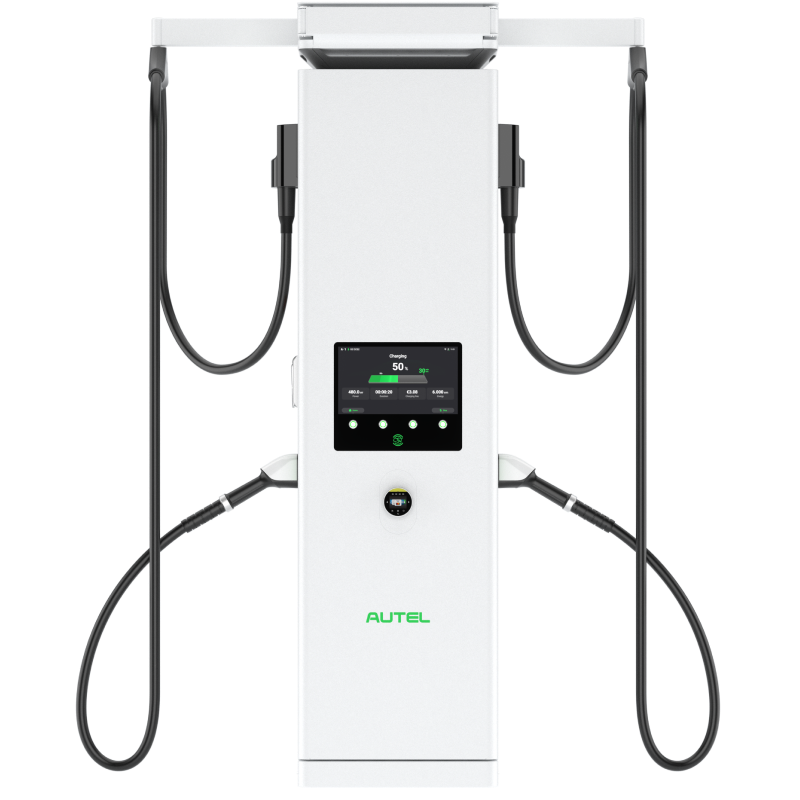 MaxiCharger DC HiPower
MaxiCharger DC HiPower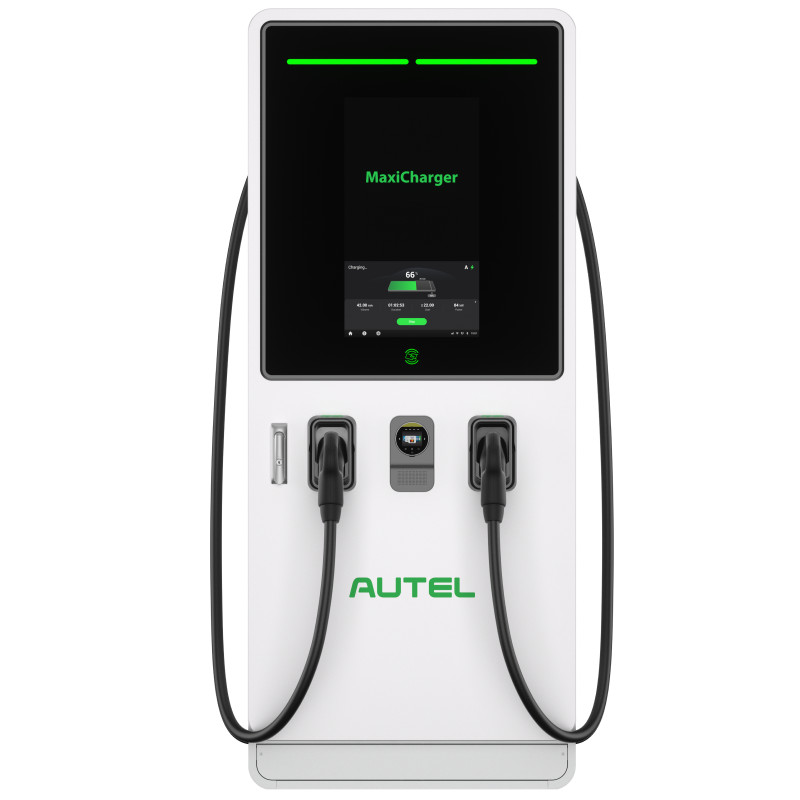 MaxiCharger DC Fast
MaxiCharger DC Fast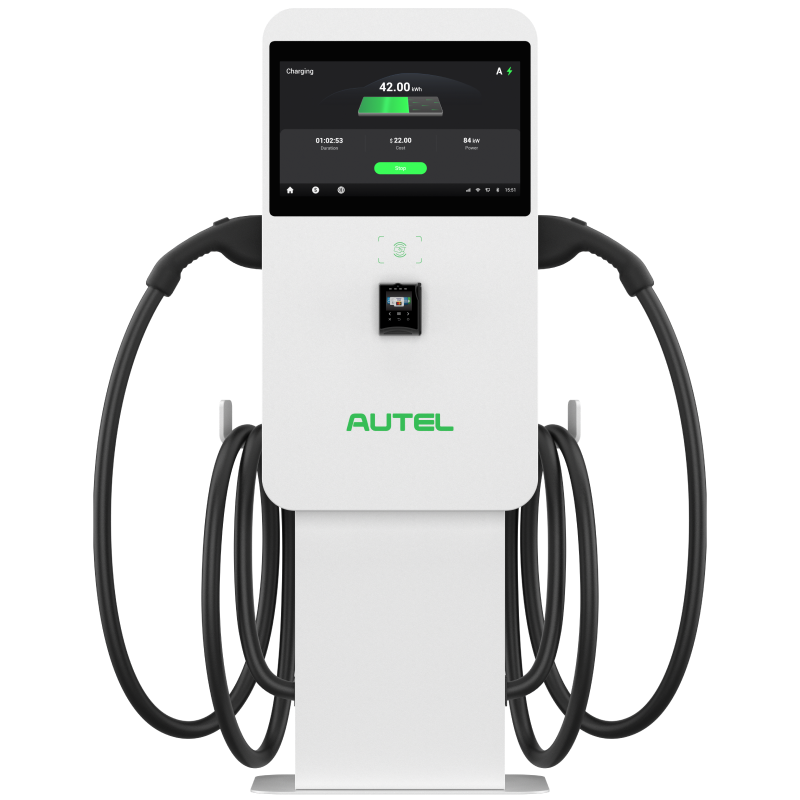 MaxiCharger DC Compact
MaxiCharger DC Compact
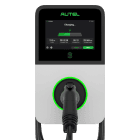 MaxiCharger AC Pro
MaxiCharger AC Pro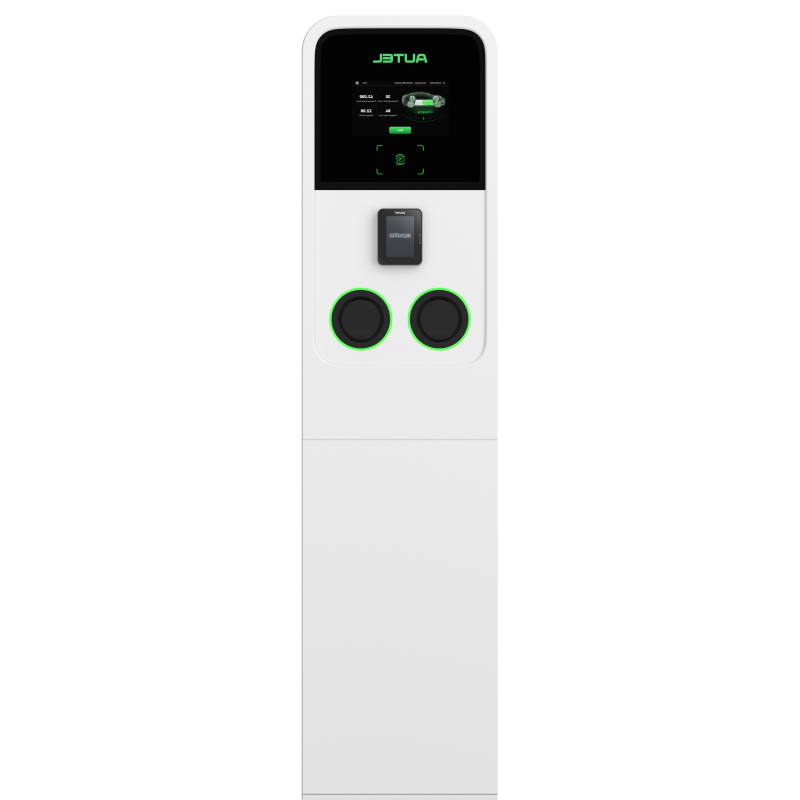 MaxiCharger AC Ultra
MaxiCharger AC Ultra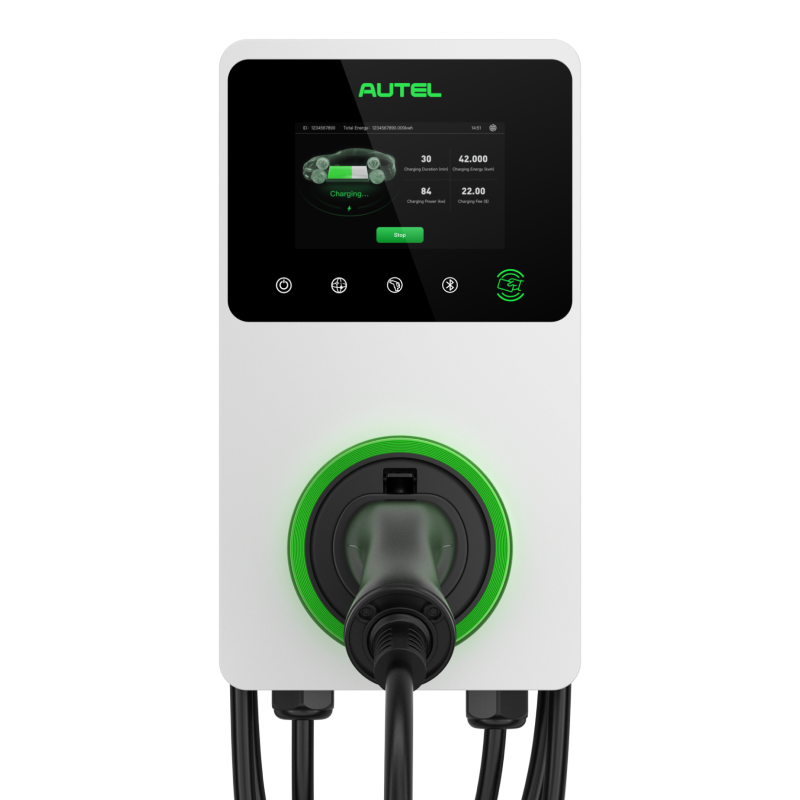 MaxiCharger AC Elite
MaxiCharger AC Elite
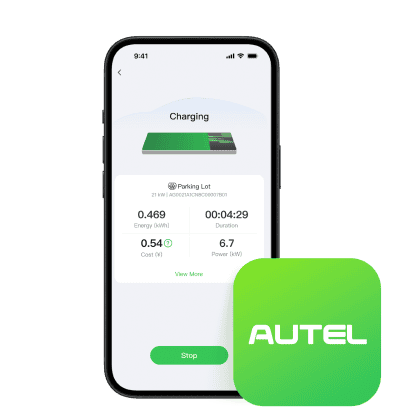 Software
Software
- Partner Introduction
- Become A Partner
- Event
- FAQ
- Blog
- About Autel
- Contact Us
- Sustainability
- Newsroom
- Brand Center
- Product Center
What does it cost to install an electric car charger?
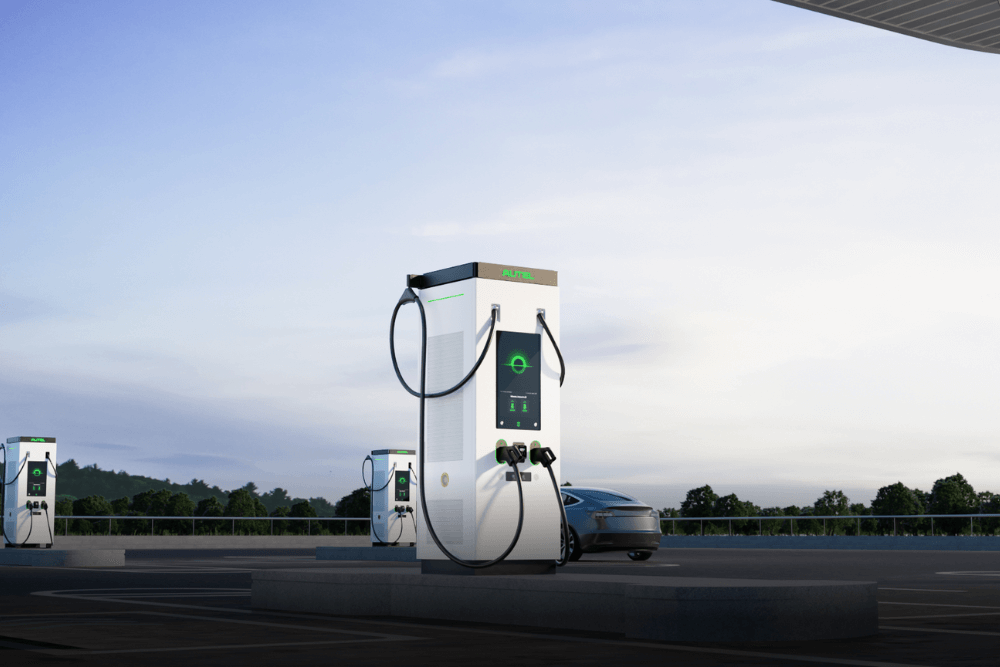
Installing an electric vehicle (EV) charger at home typically costs between $500 and $2,500, with variations based on charger type, necessary electrical upgrades, wiring complexity, and labor. Understanding these factors helps homeowners and businesses budget effectively, especially when considering available rebates and incentives.
Breakdown of EV Charger Installation Costs
Charger Type and Cost Impact
1.Level 1 Chargers:
- Use standard 120V outlets.
- No additional installation required.
- Included with most EV purchases.
2.Level 2 Chargers:
- Require a 240V circuit.
- Installation cost ranges from $1,000 to $2,500.
- Typically the best choice for homeowners, providing faster charging.
3.Level 3 Chargers (DC Fast Charging):
- Designed primarily for commercial or public use.
- Require a 480V electrical setup.
- Installation costs range significantly, from $10,000 to $50,000 or more.
Related Reading:What Is a Level 3 Charging Station? [2025 Update]
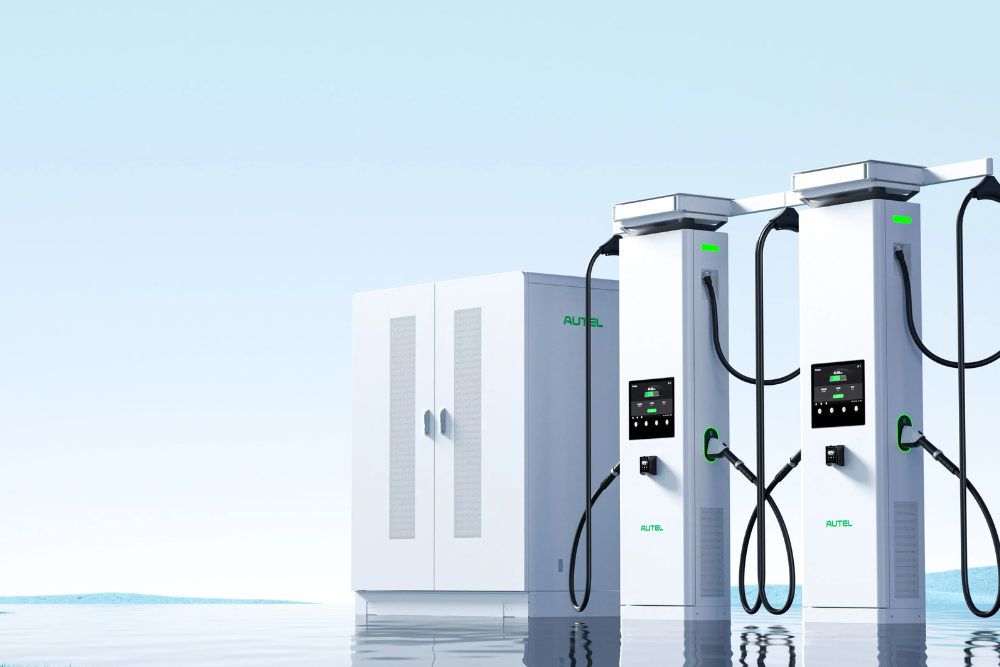
Key Factors Influencing Installation Costs
Electrical Panel Upgrades
- Upgrading your electrical panel to support a Level 2 charger costs approximately $500 to $2,000.
- Commonly needed in older homes or commercial sites.
Wiring and Distance from Panel
- Costs increase with the distance between the charger location and your electrical panel.
- Short installations typically range from $500 to $1,500, while long runs, trenching, or conduit work can significantly raise this cost.
Permits and Inspection Fees
- Local governments usually require permits, adding $100 to $500.
- Outdoor installations may need additional approval and weatherproofing.
Labor Costs
- Licensed electricians ensure installations meet safety standards and local codes.
- Typical labor charges range from $500 to $2,000 based on project complexity.
Rebates and Incentives
- Many regions offer financial incentives to promote EV adoption, significantly reducing overall installation costs.
- Federal, state, utility companies, and EV manufacturers may offer rebates, tax credits, or discounted rates.
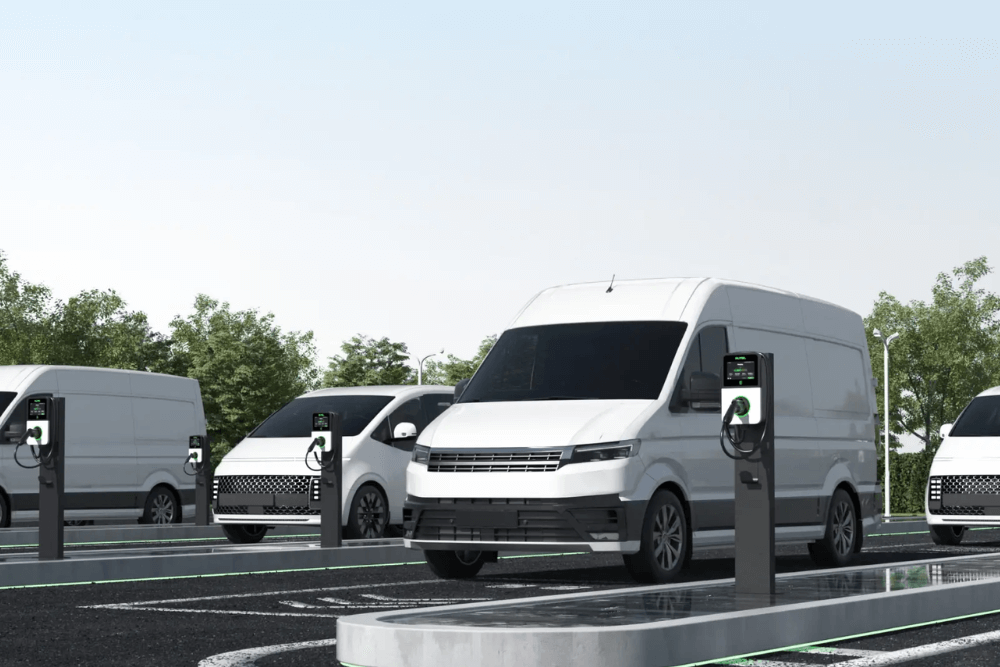
Installation Process and Duration
Step-by-Step Installation
- Evaluate home or business electrical capacity.
- Select the appropriate charger type (Level 1, 2, or 3).
- Choose a convenient installation location.
- Acquire required permits and approvals.
- Engage a licensed electrician for safe and compliant installation.
- Complete wiring, panel upgrades, and charger mounting.
- Conduct system testing and pass necessary inspections.
Estimated Installation Time
- Basic installations: typically 2 to 4 hours.
- Complex installations involving panel upgrades or extensive wiring: up to a full day.
- Permit and inspection timelines vary by location, potentially taking several days to weeks.
DIY vs. Professional Installation
DIY Considerations
- Level 1 chargers are plug-and-play.
- Level 2 installations require specialized electrical work, typically unsafe and impractical for DIY.
When to Hire Professionals
- Complex wiring or panel upgrades required.
- Mandatory local permits and inspections.
- Lack of electrical experience or certifications.
Risks of DIY Installation
- Improper installation can result in safety hazards, void warranties, and non-compliance with local codes.
- Professional installation guarantees safety, quality, and reliability.
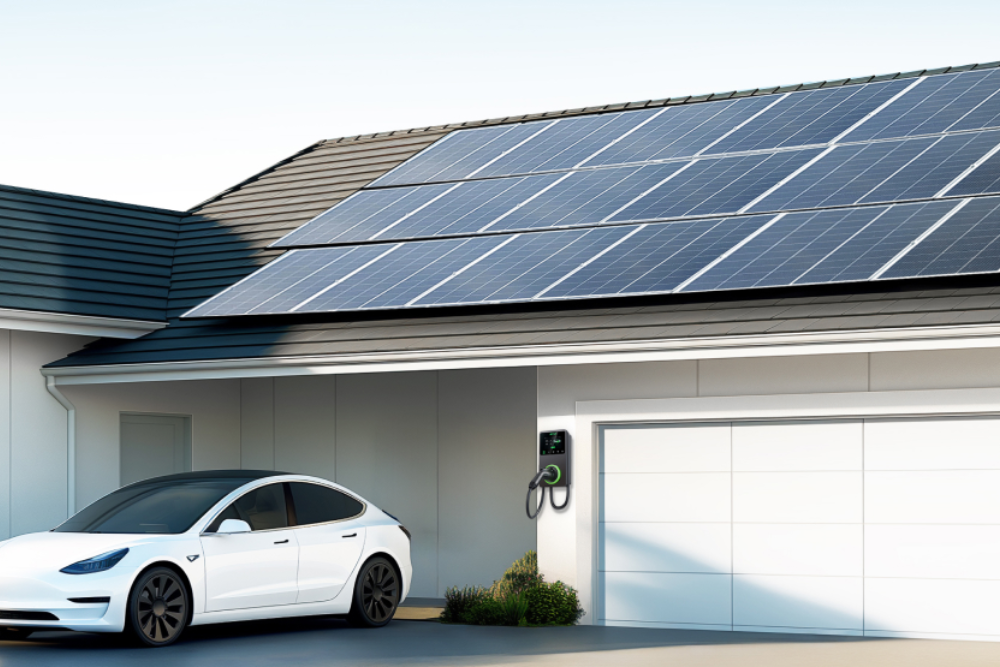
Targeted Solutions for Businesses and Commercial Operators
Charge Point Operators (CPOs)
- Expand EV charging infrastructure to attract more EV drivers and increase business visibility.
- Offer reliable charging experiences to support market growth.
Retailers
- Installing EV chargers attracts customers, enhances the customer experience, and can generate additional revenue streams.
- Encourages longer customer visits, increasing sales opportunities.
Fleet Operators
- EV charging infrastructure keeps commercial vehicle fleets operational with minimal downtime.
- Strategically located chargers streamline operations and boost efficiency.
Logistics Centers and Warehouses
- Essential for electric trucks and commercial vehicle charging.
- Chargers improve operational efficiency, reducing idle times and optimizing delivery schedules.
School Bus Contractors
- Reliable EV charging ensures electric school buses remain operational and efficient.
- Facilitates smooth daily operations and significantly reduces fuel costs.
Additional Cost Considerations
Smart Charger Features
- Chargers with advanced features like remote monitoring or energy tracking may include subscription fees ($5–$15 monthly).
Indoor vs. Outdoor Installations
- Outdoor chargers require additional protection and weatherproofing, raising installation costs.
- Indoor installations typically involve simpler setups and lower expenses.
Finding the Right EV Charger and Installer
- Research reputable providers like Autel Energy for quality EV chargers, warranty coverage, and professional installation services.
- Take advantage of bundled installation deals offered by EV manufacturers to lower costs.
Related Reading:AUTEL's EV Chargers and Certifications
Conclusion
Understanding the comprehensive costs involved in EV charger installation enables homeowners, commercial operators, and businesses to make informed decisions. Taking advantage of available incentives and professional installations ensures a safe, cost-effective, and efficient EV charging setup.
